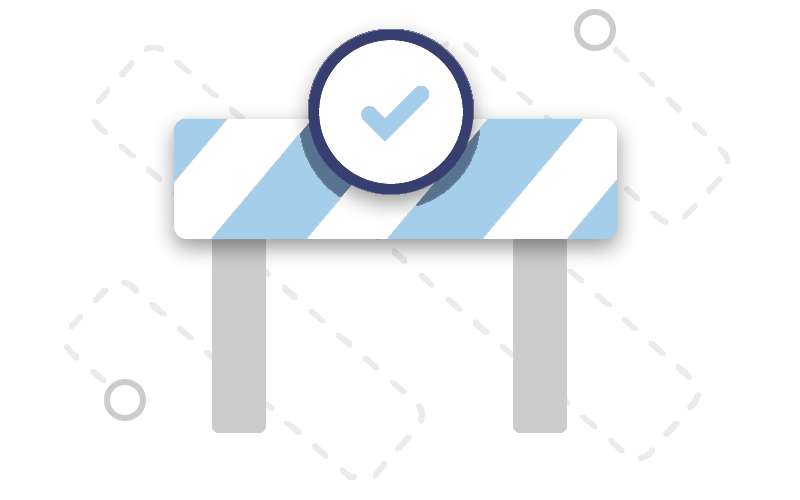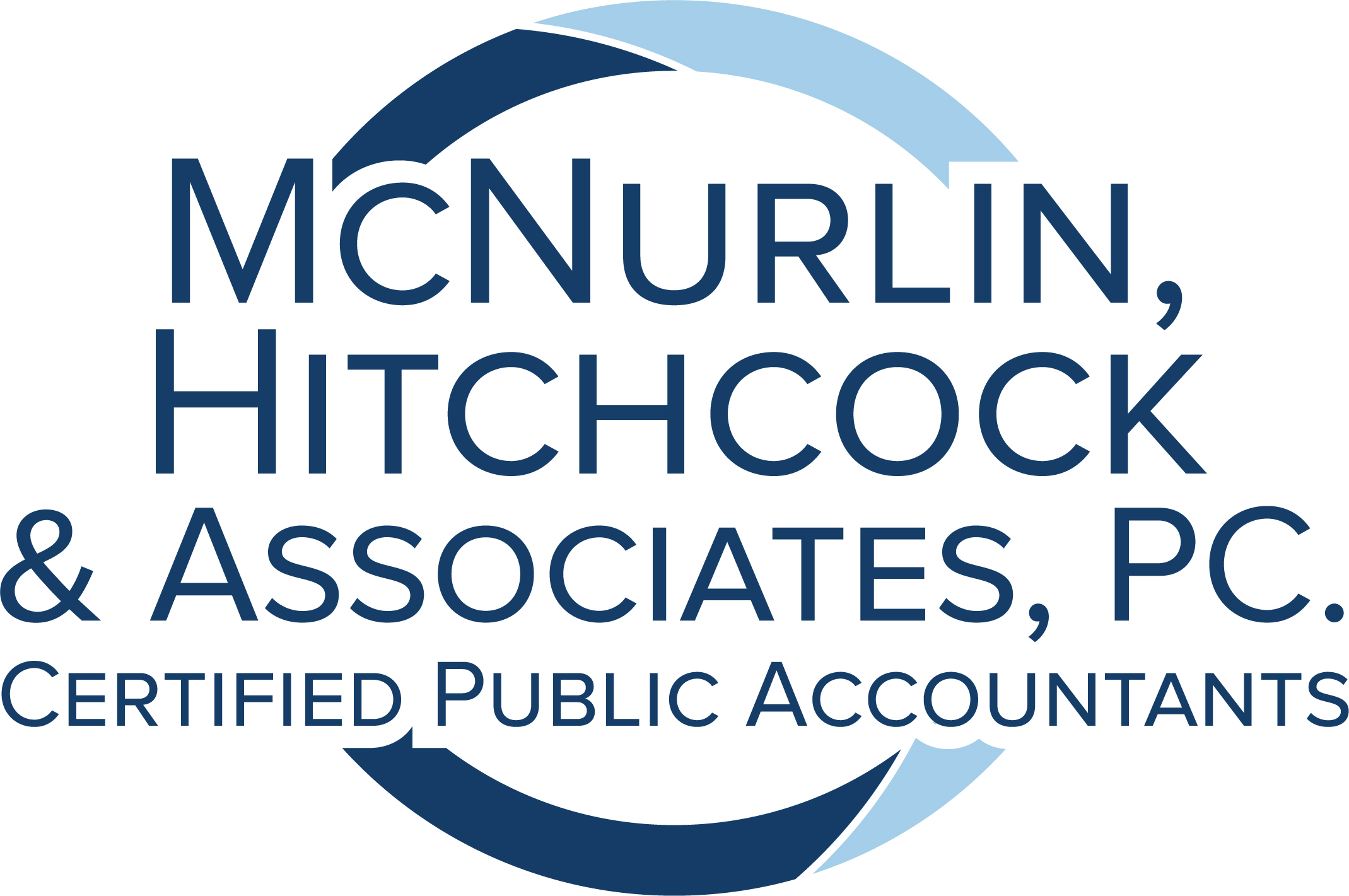Sales and Use tax compliance
When you own a business or manage one, it seems like you spend a lot of time thinking about taxes and ensuring you’re meeting all the requirements to pay them. From income tax to sales tax, the laws and regulations are constantly changing, and you must keep up with all the current requirements.
You need to know and understand the current sales and use taxes to create a strategy to remain compliant with them. Here are some things to consider:

How Sales Tax Works in Colorado
If your business has a storefront in a Colorado town or city, and you only sell products there, then you’ll pay sales tax to the state along with the county and city, where the business is located. It’s your responsibility to know when you need to remit sales tax to the state of Colorado, county, and city.
When your business has multiple locations in various states and cities, or you sell and ship products to customers in other cities, counties, and states, you need to remit sales tax to each of those states, cities, and counties, which can become a nightmare with all the different laws, due dates, and percentages.
In addition to all of this, the laws and regulations are apt to change quickly without a lot of notification for your business. This can leave you feeling frustrated, angry, and constantly worried about missing a deadline or charging and remitting the correct percentage of sales tax for one or more of the states, cities, and counties.
You know that if you miss a deadline to remit sales tax or don’t pay enough that your company can be hit with penalties and fines. With local and state sales tax laws always in flux, it’s more than a single person or team can handle. You need a team of experts to create and maintain a strategy to keep your company always in compliance with sales tax rules and regulations.
How Use Tax Works in Colorado
If you purchase products from outside the state of Colorado for use within it, you pay a use tax on them. For example, you own a company that makes gourmet bubble gum. You purchase specialty sugar from a company in Maine. Your company needs to pay a use tax on the sugar when it’s purchased by the consumer.
As a rule of thumb, if you would have paid sales tax on a product as a private individual, you probably owe use tax on it when you buy it for your business. You might need to pay a use tax to the state as well as the local city and county.
If you have a large company that receives many goods and materials from other states, it can be a challenge to keep up with the amount of use tax you need to pay and the items that you need to pay it on. In some cases, a business has locations in multiple cities and counties, and each one charges a use tax at different rates.
Just like with sales tax, you’re responsible for remitting all use tax on time and the correct percentages to the state, city, and county that charges them. It takes an expert to keep up with this type of information and to stay current on all current laws.

What Exactly is Sales and Use Tax Compliance?
Here are some of the steps you need to have in place in your sales and use tax compliance strategy:
- Each month, run a comprehensive report on the amount of sales and use tax owed and any paid during this time period.
- If you’re planning a large purchase or order from a new company, you need to research the company’s location for additional tax laws that might apply to the purchase.
- Review all the filings you make each month to ensure there aren’t any errors. If you find an error, it’s essential that you create it immediately.
- Create detailed records for sales and use taxes to ensure that you can show your compliance if you’re ever audited by the state or local tax authority.
- When you receive invoices from your vendors, it’s a good idea to check each one carefully to ensure the correct sales tax has been applied and withheld. If not or if there’s an overpayment, you need to contact the vendor a correct the issue.
It takes a lot of work and time to remain compliant with Colorado sales and use taxes. Plus, you need to be compliant in local cities and counties too. What are some common sales tax compliance issues for a business?
Typical Sales Tax Compliance Challenges for a Business
- When you have to pay sales tax to multiple states, counties, and cities, you find yourself with the responsibility of keeping up with each location’s due dates as well as the amount you need to pay each one.
- The fluidity of the tax laws. It seems like you find a tax law change in one of the cities, counties, or states where you sell items every week. In many cases, these tax authorities don’t send out notifications of the change, making you responsible for always knowing the most current tax laws.
- In many cases, a company misses a filing date, and they’re hit with fines and penalties.
It’s hard to keep up with all the tax laws to ensure you’re charging enough to your customers and turning those funds over to the correct tax authority.
At McNurlin Hitchcock, we have a team of certified public accountants (CPAs) who are experts at keeping your company compliant with sales and use tax laws. Contact us today to learn more or schedule an appointment.
